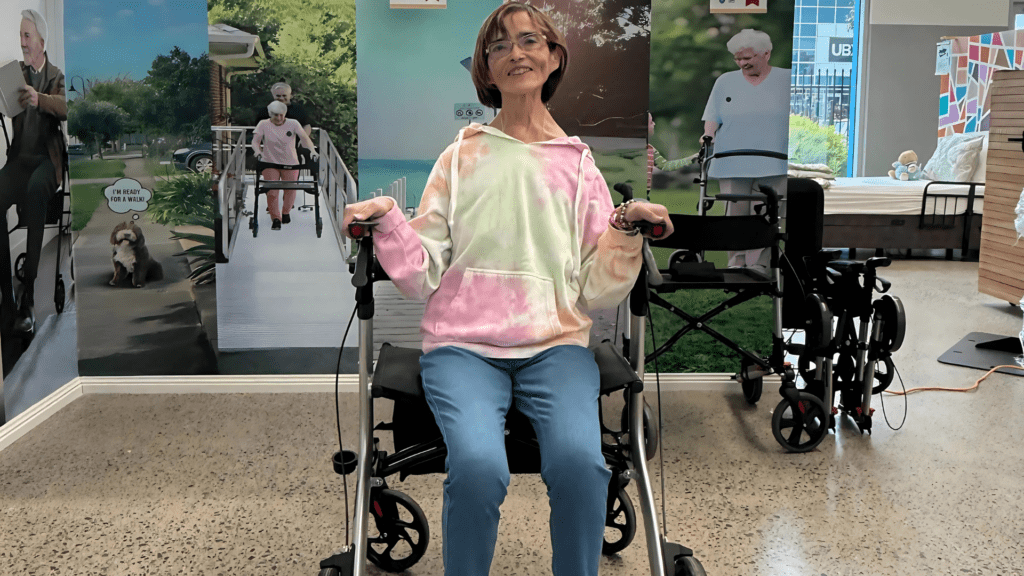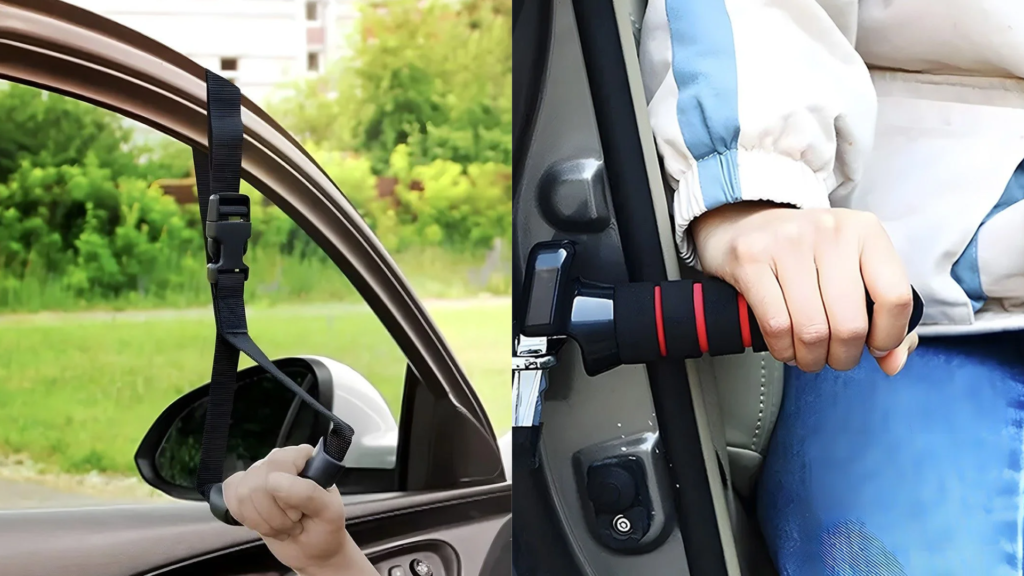The Need for Compact Power Wheelchairs
For many NDIS participants, seniors, and carers, navigating narrow hallways, tight doorways, or compact home environments can be challenging with a standard wheelchair. Power wheelchairs designed for indoor use offer compact dimensions, tight turning radii, and enhanced control, making daily mobility safer and more comfortable.
Choosing the right power wheelchair ensures independence, reduces strain on caregivers, and improves quality of life. At Care With Us, we provide a range of indoor-friendly electric wheelchairs suitable for home or aged care environments.
Key Features for Indoor Maneuverability
Turning Radius and Wheelbase
A small turning radius is essential for navigating tight indoor spaces. Power wheelchairs with a compact wheelbase allow users to move around furniture, narrow hallways, and confined areas with ease. Checking the minimum turning diameter helps in selecting the right model for your home or care facility.
Seat Width and Adjustable Components
Adjustable seats, armrests, and footrests allow users to customize their wheelchair for comfort while ensuring it fits through narrow doorways. Models such as the carbon-fibre power wheelchair offer lightweight construction with adjustable components, making indoor use effortless.
Battery Life and Portability
Even indoor power wheelchairs need reliable battery life for continuous use. Choose models with sufficient range and easy charging options. Foldable or portable power wheelchairs enhance transportability for outings or storage, without compromising functionality. Consider accessories like replacement batteries for extended use.
Comparing Foldable vs Standard Power Wheelchairs
Advantages of Foldable Models
- Easy to transport in vehicles for appointments or short trips
- Can be stored in smaller spaces when not in use
- Lightweight design reduces lifting effort for carers
Limitations to Consider
- Foldable models may have lower weight capacity compared to standard power wheelchairs
- Some designs compromise durability or stability for portability
- Adjustable features may be limited, affecting comfort over extended use
For those needing both portability and indoor usability, foldable power wheelchairs offer a practical compromise.
NDIS and Funding Options for Power Wheelchairs
NDIS participants in Victoria can access funding for power wheelchairs through approved mobility equipment plans. Funding can cover:
- NDIS approved power wheelchairs for daily mobility
- Foldable or compact electric wheelchairs suitable for home environments
- Home trials and allied health assessments to ensure correct fit
At Care With Us, we assist participants in understanding NDIS eligibility, arranging home trials, and selecting suitable powered mobility solutions.
Tips for Safe Indoor Navigation and Maintenance
- Practice turning and maneuvering in hallways and doorways before regular use
- Ensure pathways are clear of obstacles and trip hazards
- Regularly check battery health, wheels, and controls for reliability
- Adjust seat, footrests, and armrests for optimal comfort and posture
- Consider using cushions like wheelchair cushions for added comfort during extended use
Conclusion
Selecting a power wheelchair for tight indoor spaces requires attention to size, maneuverability, battery life, and adjustable components. Foldable models add portability but may trade off weight capacity. With proper selection, indoor power wheelchairs improve independence, safety, and comfort. NDIS and SWEP funding can assist eligible participants in Victoria to access suitable solutions.
Explore our range of power wheelchairs or contact us for home trials and personalised advice.
FAQs
- What makes a power wheelchair suitable for tight indoor spaces?
Compact dimensions, small turning radius, and adjustable components allow safe navigation in narrow areas. - Are foldable power wheelchairs as durable as standard models?
Foldable models are generally lighter and more portable but may have lower weight capacity and fewer adjustable features. - How long does the battery last on indoor power wheelchairs?
Battery life varies by model, but indoor wheelchairs usually have sufficient range for home use. Replacement batteries are available for extended use. - Can NDIS fund foldable power wheelchairs?
Yes, NDIS participants in Victoria may receive funding for approved foldable or standard power wheelchairs based on clinical and mobility needs. - What safety tips should I follow for indoor use?
Keep hallways clear, practice turning in tight areas, maintain the wheelchair regularly, and adjust seating and controls for comfort.


